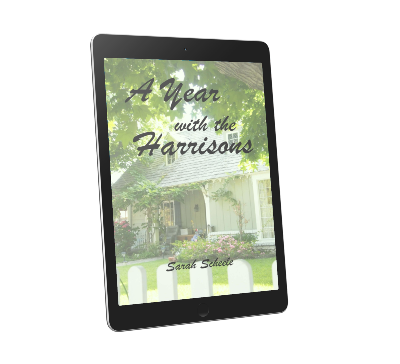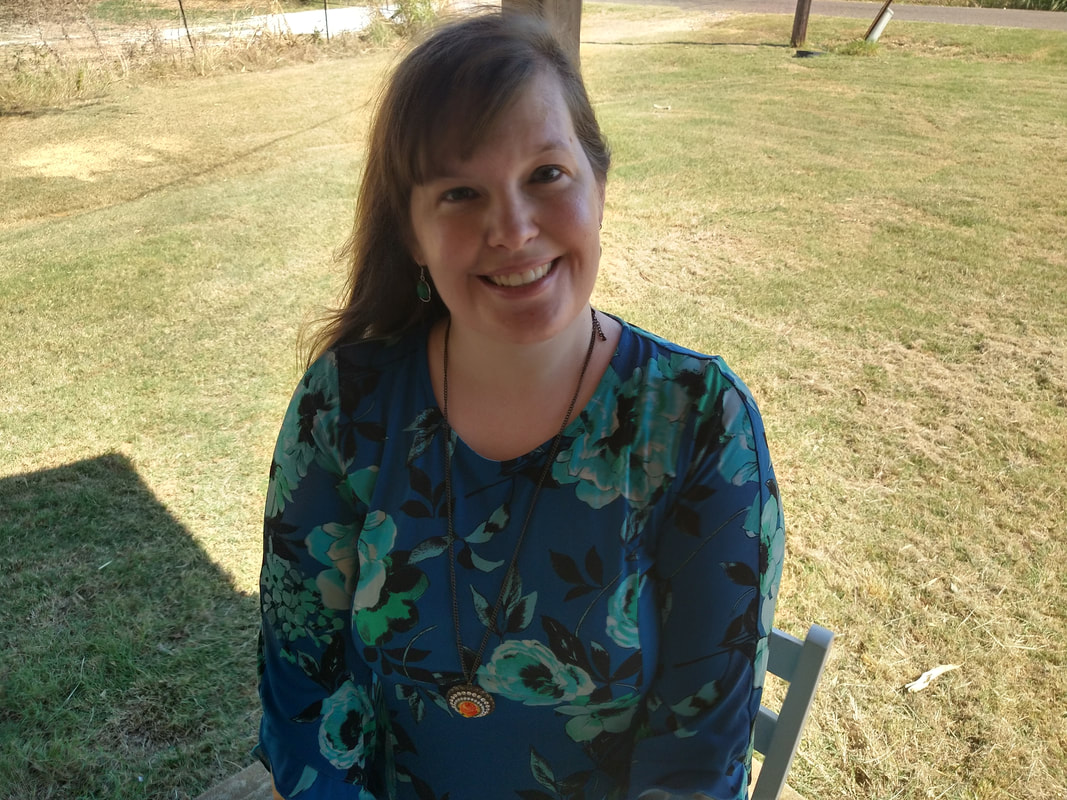|
Having a bad cold this week made me really reflect on the nature of comfort-food entertainment, because that’s what you go for like clockwork when you’re sick. As I skimmed through digital movies in my collection, immediately going for the most relaxing ones that would make it seem like my fever and sore throat weren't there, 😊 I noticed Miss Congeniality. I haven’t seen that movie in a while, but I remember a past incident where I had an extremely stressful encounter with a person and I started to have a breakdown. I couldn’t afford to get emotional right then because it was the middle of a party and there were lots of people around me. So I flipped through things to watch in a back room, in the few minutes I had to get a grip on myself, and Miss Congeniality was there. It’s not my favorite movie, but it felt far removed from what I was dealing with and that was the first time I realized it could be considered relaxing. I never forgot that. Many people find this movie offensive because it’s filled with profanity, has a lot of sexist jokes, and hints about sexual assault in a character's backstory. But when it was released over 20 years ago a lot of women felt it was comfort food. It embodied the chick flick with its mixture of seemingly real life and actual cheerful fantasy. I even heard a group of women at my church planning to put together a little posse to go see the sequel (Miss Congeniality 2.) Comfort is one of the most subjective genres as the characters in comfort fiction are not like real people. They have to appear real enough when you read a book or watch a movie. However, once you return to your life, you'll never see anyone who resembles these characters. That’s because they don’t exist. NOBODY is like that. They are purely fiction and people can strongly disagree about what constitutes a comforting fiction they'd like to see. John Wayne’s El Dorado, Harry Potter, the Night at the Museum Trilogy, Diary of a Wimpy Kid, and the All Creatures Great and Small TV series are all diverse examples of comfort fiction. Writing comfort fiction requires high levels of skill and many writers who use this medium are very talented. They have to find the perfect blend of Feels-Real-But-Actually-Isn’t to make their audience happy and safe. After all, when I was sick what did I need? That's right. Comfort fiction. But non-fans tend to be critical and hostile towards someone else’s comfort fiction. They don’t find it relaxing at all. They know it’s fake or they find many elements in it (like the cursing and sexism in Miss Congeniality) distracting and they tend to say so. So writing comfort work requires not just dedication to achieving a mastery of sheer fiction, but accepting backlash and complaints from people who aren’t the target audience. No one is more hostile than a consumer looking for a different slice of comfort food than the one you’re offering. 😊 A Year with the Harrisons is in the comfort fiction genre. It looks like the most personal of my stories-- basically about me and my family, just glamorized a bit. But actually it is fiction that intentionally looks personal as an aesthetic. You'd find none of its characters inhabiting the Texas towns and rural areas where I have passed my life. You’d also be unlikely to find its pop star characters anywhere that pop stars and famous musicians hang out. But the illusion that it’s a statement on my life, that it's almost autobiographical but won’t admit it, is part of what makes it a comfort story. 😊 Readers want to believe they've had a window into my background instead of actually exploring it. Comfort fiction is an exact science and every detail has to be perfect to fit the needs of the specific audience, so Harrisons has changed a little over time as my audience has evolved slightly. But the essential story has always been the same. It’s also true that a lot of people aren't going to find this book comforting. They find it distracting or even downright unlikable because they're not the audience. That's the nature of the genre!
Welcome to the family! Faith and family relationships are front and center in Letty Harrison’s life. As the homeschooled daughter of a devoutly religious rural Texas family, the two ideas are almost synonymous in her mind. But the other half of her family isn’t religious at all. Her father’s cousin was a famous pop singer who devoted her life to making money and pushing her daughters into society. Failed relationships and deep rifts have plagued Brenda Harrison’s clan for years. Until a couple of years ago, she never gave a thought to her quiet relatives still living in the heart of Texas. But perhaps wishing to redeem herself—or wanting to extend her authority over others—she offers Letty a scholarship to a college and attempts to reunite with her estranged daughter Betty on a reality show. What she sets in motion is a chain of events that changes everyone’s life for the better. Not least of all—her own. A Year with the Harrisons is a love story about a family whose members are very fond of their unusual way of life—both branches of it. A love story about two college kids who gradually overcome cultural obstacles to find each other. And a love story about a mother and her daughter, showing that the deepest bonds can create (and overcome) the deepest breaks. And there will be more updates. Whether it’s waiting in line on a cold day or realizing that a needed item is all sold out at the last minute; whether it’s having different bits of dialogue inserted or taken out of our favorite book scenes when they are translated to film or discovering that one accidentally ordered a chia instead of orange smoothie at Jamba Juice—everybody has something they find irritating or even comic. For me, it’s when people believe I’ve said something I have not said. Usually, they then correct me about it or help “explain” to me how things should be done. When in fact, if you listened carefully, you’d find I never actually said the statement being corrected. I said something else. But the person had an “understanding” in their minds that I "must" have said that. Their motive, of course, is that they believe they have a great knowledge of people and of what's going on in the world, basically, so they don't have to listen. They know who all the players are and what everyone is bringing to the table and think they "know" what I'm going to say before I even say it, without paying attention to my actual statements. But then there's a huge risk that they might really know nothing about me after all. 😊 With such poor social skills, how could they? They project attitudes and perceptions of their own onto the words of others and don't hear what the person really said. I didn’t enjoy historical writing as my first language (I always did sci-fi and fantasy growing up) and this was why--I thought historical authors were tiresome because they did one of three things with routine frequency;
We don't actually read about the past era that was chosen for any of these books as the author's wishes and preconceptions come to the forefront. And that's absolutely boring to read and I didn't want to write boring books. These works also tended to be easily found and had lots of downloads, views, or reviews while better researched books were few and hard to find. It appeared to me that historical was largely a low-quality genre. All the fascinating depth of a different culture is lost on people who find out typical baby names for someone born in 1887, but show no respect for the worldview and beliefs of a past society. They simply don't listen and are sure things "must" have been like this, just like they are sure I must have said things I did not say. For Bellevere House since I knew I'd be writing in a previous era, the first thing I tried to do was to be respectful of the time period. I didn’t want to write a book about the 1930s, but instead write the book as if it had been written in the 1930s. Mansfield Park as an adaptation of it from the 1930s might have appeared. I wrote the book not to praise Jane Austen or to give moral messages I felt were good. I wrote it to celebrate the vintage era--their language, cliches, foibles, and way of speaking and moving. To my surprise since I had always pursued other interests, I found out I was a lover of history. Mansfield Park came out looking irreconcilably different from the original because the book is not easily reconciled to the update period. But I never actually said that keeping many elements of the original was my goal or even that it was a good idea as large parts of the original novel are uninteresting. But a core around the characters and their socializing translated well to another era and separating the good from the unusable in Mansfield Park was a fun intellectual exercise. 😊
A 1930s romantic comedy brought straight from the pages of Jane Austen . . . Faye Powell is a typical girl from Tennessee during the Depression. Her parents are struggling, her large family isn’t easy to support, and the few people with good fortune are unrelatable objects of envy, similar to the Hollywood stars whose faces appear at the movies each week. Except it's hard to feel that way if you actually live with them and know what they’re like. Faye’s aunt and uncle live in a lovely house in Illinois, so fine it’s actually been given a name like it's some kind of country estate. Bellevere House. And that’s where Faye is staying. After being semi-adopted by her relatives, she drifts around accompanying her silly, spoiled cousins on their rounds of clueless insulation, irresponsible schemes, romantic entanglements that lead to disaster, and affectations of stardom. It’s hard to be jealous of people when she sees the sometimes painful reality under the surface. And it’s downright impossible when arrogant Ed believes she has a thing for him when she doesn’t. At least—she doesn’t yet. You Can’t Take It with You meets Mansfield Park in this sparkling and creative revision of one of Austen’s great novels. Set in a charming, chic 1930s setting, Bellevere House is soaked in vintage Americana. And there will be more updates. |

Young Adult Fiction Author
Sarah ScheeleJoin the newsletter below! This signup has no reader magnets attached but I am preparing a freebie to be offered as part of the welcome email in the near future.
Categories
All
Check out my list of Top 5 Best Children's Adventure Books About Family and Exploring I've Recommended on Shepherd.com!
Archives
June 2023
|


